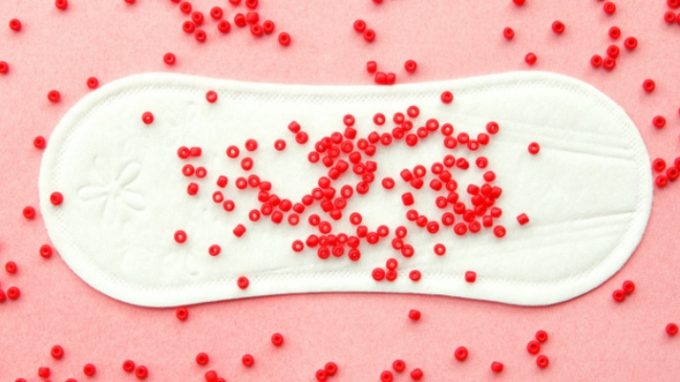The occurrence of blood clots could affect a woman’s fertility levels.
Blood clotting is an important systemic process. When this occurs, external and internal bleeding from injury or illness stops, which prevents individuals from losing excessive amounts of blood. However, on certain occasions, blood clots form into a hard substance instead of the usual liquid form of blood.
Overview of Blood Clots
When one of these formations grows large enough, it can either block a blood vessel or break off and travel through the bloodstream and potentially enter a major organ. Either circumstance has the potential to pose serious, possibly life-threatening consequences.
- Causes– Blood clots can be the result of numerous causes. Specific precipitating factors include high blood pressure, high cholesterol, the presence of various cardiovascular diseases, obesity, cigarette smoking, various medications and hormonal imbalances.
- Symptoms – Clots can prove quite dangerous because they can grow internally and not present any physical manifestations until they become seriously enlarged. However, when symptoms do occur, they often involve pain and swelling around the impacted blood vessel or bodily region where the clot is present.
Blood Clots During Menstruation
During menstruation, it is normal for women to shed a limited supply of blood. However, blood samples containing clots could indicate several different issues. Menstrual blood clots often contain a collection of hardened blood along with small amounts of reproductive tissue.
Some common causes of menstruation-related blood clots include the following:
- Reproductive System Obstructions – Blockages from structures such as tumors, fibroids or cysts might elicit the onset of blood clots. This happens because the abnormal structures impede normal blood flow.
- Weakened Uterus – Any structural or medical condition that weakens the uterus could result in poor blood flow through the organ during menstruation. Inhibited blood flow often leads to improper pooling and subsequent clotting.
- Hormonal Imbalances – Imbalances of varying reproductive hormones can lead to excessive bleeding within the reproductive tract.
- Stress – Stress can be precipitated by numerous different sources. Believe it or not, emotional tumult, professional pressure and even a chronic lack of sleep could have a negative effect on reproductive system circulation. Additionally, stress can precipitate hormonal imbalances.
Menstrual Clotting’s Effect on Fertility
Blood clots can adversely impact a woman’s fertility levels. Any type of abnormal or impeded blood flow carries the potential to damage the uterus’s lining or, at the very least, disturb the region’s smoothness. Typically, eggs require a healthy, smooth and even uterine lining to become fertilized and complete the conception process.
Prevention and Treatment of Menstrual Blood Clots
Prevention might not always be possible. However, prompt treatment can be key to preventing further related illness and fertility problems. Specific treatment options will often be dictated by the underlying cause precipitating clot formation, the condition’s severity, as well as the woman’s age and reproduction desires.
Some therapeutic protocols might include the following:
- Medications – Certain types of anti-inflammatory and anti-clotting drugs might prevent the occurrence or growth of clots.
- Hormone Therapy – If clotting is caused by hormonal imbalances, therapies that correct them might curtail or eliminate future clotting episodes.
- Natural Methods – If the condition is mild or precipitated by easily correctable issues, healthcare professionals might suggest employing natural methods such as maintaining proper hydration, avoiding the use of aspirin or other substances that might increase the possibility of bleeding episodes, consuming a healthy diet and obtaining a proper amount of exercise.





